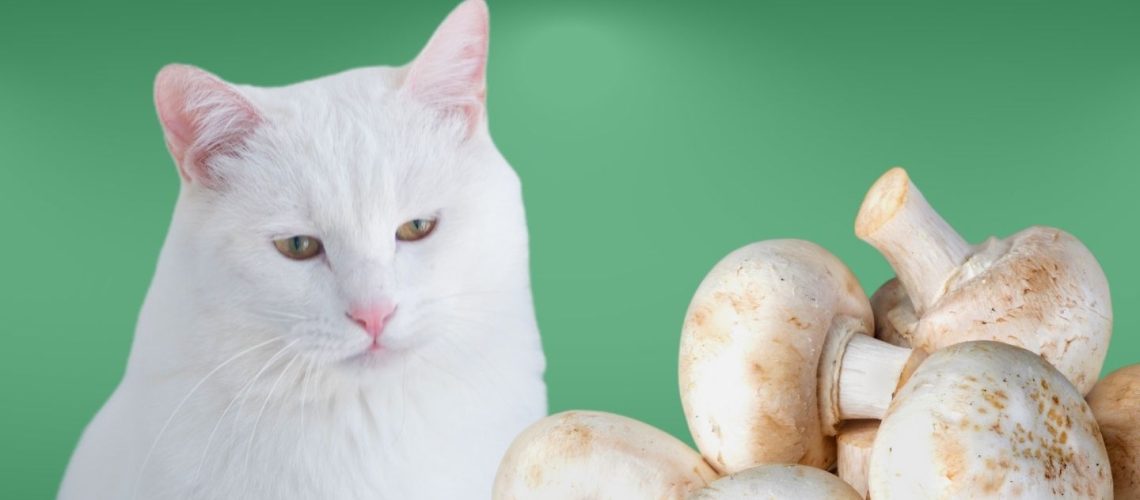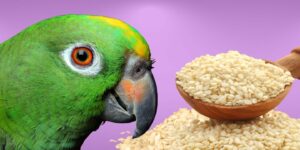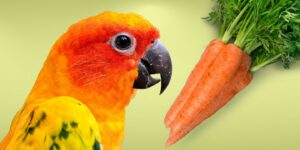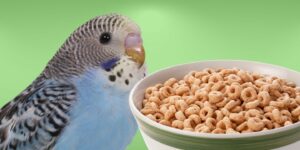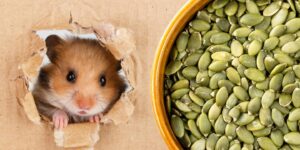Understanding what your cat can and cannot eat is essential to ensure their health and well-being. Feeding cats the wrong food can lead to several risks, including stomach upset, poisoning, and even death. Among the numerous controversial foods for cats, mushrooms are frequently debated. While they may not be toxic to cats, they can cause gastrointestinal issues and other health problems.
What Are Mushrooms?
Mushrooms are a type of fungus that offers various nutritional benefits to humans, such as vitamins, minerals, and antioxidants. Edible mushrooms come in different types, including button, shiitake, and portobello. However, not all mushrooms are safe for consumption, and some non-edible mushrooms can be toxic or poisonous.
Potential Hazards of Mushrooms for Cats
Gastrointestinal Issues
Cats have a sensitive digestive system that can be easily upset by food items they are not accustomed to. Mushrooms can cause stomach upset in cats, leading to symptoms such as vomiting, diarrhea, and loss of appetite.
Toxicity
Some mushrooms can be toxic to cats, especially wild mushrooms that are found outdoors. Ingesting toxic mushrooms can lead to serious health issues and even death. Signs of mushroom poisoning in cats include lethargy, excessive drooling, and difficulty breathing.
Allergic Reactions
Cats can also have allergic reactions to mushrooms, which can manifest as skin irritation, itching, and difficulty breathing. If you notice any of these symptoms in your cat after consuming mushrooms, seek immediate veterinary assistance.
How to Prevent Mushroom Ingestion in Cats
To prevent your cat from ingesting mushrooms, make sure to keep them out of reach, especially if you have indoor cats that may be curious about such items. For outdoor cats, monitor their environment and remove any wild mushrooms found in their roaming area. If you suspect that your cat has ingested a toxic mushroom, contact your veterinarian immediately for advice.
Safe Treats for Cats
Instead of offering mushrooms to your cat, consider providing them with safe alternatives such as commercial cat food, cooked meat, and fish. These options ensure that your cat receives a balanced diet and reduces the risk of adverse reactions. Additionally, store-bought cat treats can be a suitable option for your feline companion.
What to Do If Your Cat Eats a Mushroom
If your cat has eaten a mushroom, monitor them closely for any signs of gastrointestinal issues, toxicity, or allergic reactions. Consult your veterinarian if you notice any adverse symptoms, and provide them with as much information as possible about the type of mushroom your cat has consumed.
Conclusion
Feeding mushrooms to your cat can pose several risks, ranging from gastrointestinal issues to potentially fatal poisoning. To keep your cat safe and healthy, avoid offering them mushrooms and stick to safe alternatives such as commercial cat food and cooked meat or fish. Always consult your veterinarian before introducing new foods to your cat's diet to ensure their well-being.

